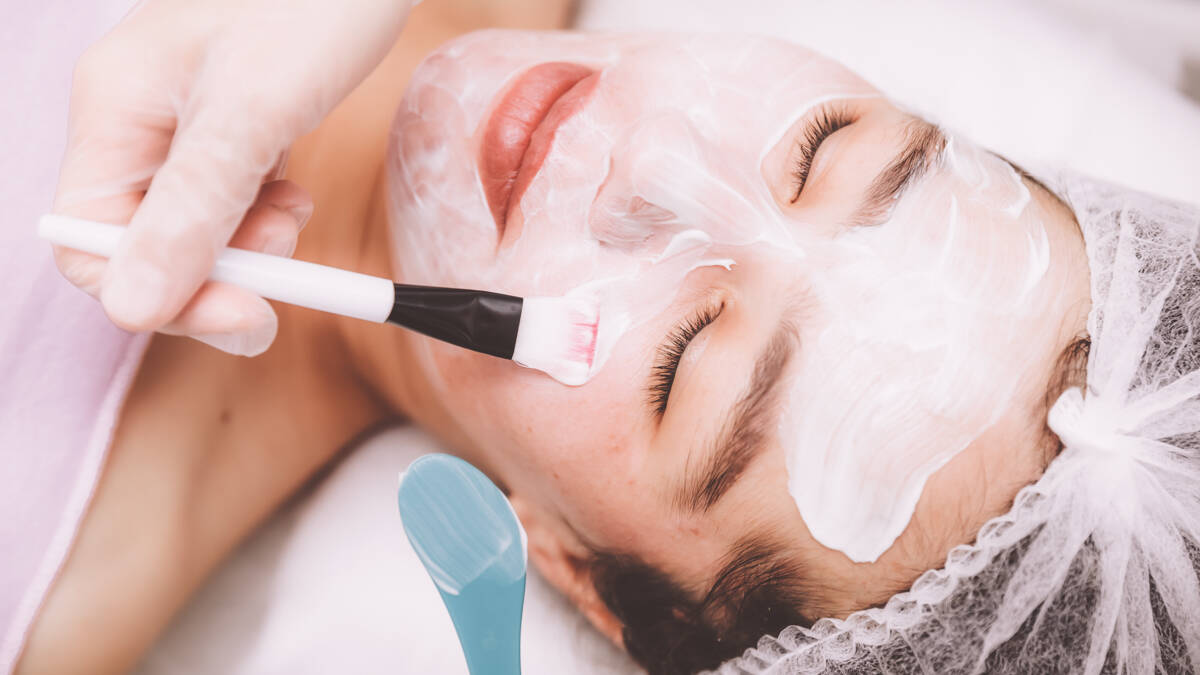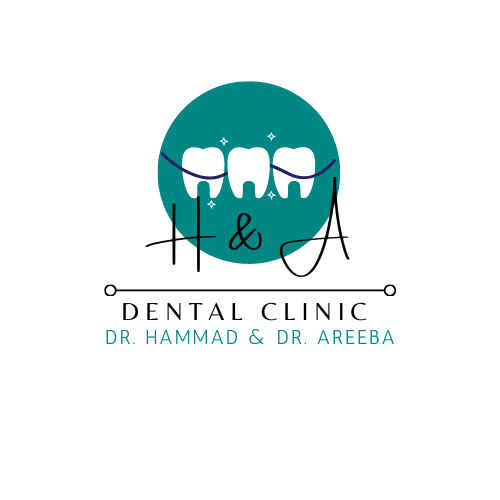
Dental Myths Debunked: Clearing Up Common Misconceptions
Oral health is surrounded by myths and misconceptions that can lead to poor dental habits and unnecessary fears. It’s time to set the record straight on some of the most common dental myths to ensure you make informed decisions about your oral care.
Myth 1: Teeth Whitening Damages Enamel
One of the most widespread misconceptions is that teeth whitening weakens or damages the enamel. In reality, professional teeth whitening treatments are safe and effective when performed by a dentist. These treatments use carefully controlled concentrations of whitening agents that penetrate the enamel to remove stains without causing harm. Over-the-counter products can also be safe if used as directed, but overuse or misuse may cause sensitivity or irritation.
Myth 2: Brushing Harder Cleans Better
Many people believe that applying more pressure while brushing will clean teeth more effectively. However, brushing too hard can actually harm your teeth and gums, leading to enamel erosion and gum recession. Instead, use a soft-bristled toothbrush and gentle, circular motions to clean your teeth thoroughly without causing damage.
Myth 3: Sugar Is the Main Cause of Cavities
While sugar does contribute to cavities, it’s not the sole culprit. Cavities form when bacteria in your mouth feed on sugars and produce acids that attack your tooth enamel. Other factors, such as poor oral hygiene, frequent snacking, and acidic foods or drinks, also play a role. Brushing and flossing regularly can help prevent cavities regardless of your sugar intake.
Myth 4: You Only Need to See a Dentist When Something Hurts
Waiting for pain or discomfort before visiting the dentist can result in severe dental issues that require extensive treatment. Regular dental check-ups allow your dentist to detect problems early, such as cavities or gum disease, before they become serious.
Myth 5: Baby Teeth Don’t Need Much Care
Some people think that baby teeth don’t require the same level of care because they’ll eventually fall out. However, healthy baby teeth are essential for a child’s overall development. They help with chewing, speaking, and guiding the permanent teeth into place. Neglecting baby teeth can lead to infections and impact the growth of adult teeth.
Myth 6: Bad Breath Means Poor Oral Hygiene
While poor oral hygiene is a common cause of bad breath, it’s not the only one. Other factors, such as dehydration, certain foods, smoking, and medical conditions like acid reflux or sinus infections, can also contribute. Drinking water, maintaining good oral hygiene, and addressing underlying health issues can help.
Myth 7: Flossing Isn’t Necessary
Some people skip flossing, thinking that brushing alone is enough. Flossing is crucial because it removes food particles and plaque from between the teeth and along the gumline, areas that a toothbrush can’t reach. Without flossing, you’re leaving about 35% of your tooth surfaces uncleaned.
Myth 8: You Should Rinse Your Mouth After Brushing
Rinsing your mouth with water immediately after brushing washes away the fluoride from your toothpaste, reducing its effectiveness. Instead, spit out the excess toothpaste and avoid rinsing to allow the fluoride to strengthen your teeth.
Myth 9: Dental Treatments Are Always Painful
Advancements in dental technology have made most procedures virtually painless. Dentists now use modern techniques and anesthetics to ensure your comfort during treatments. If dental anxiety prevents you from seeking care, discuss your concerns with your dentist to explore relaxation options.
Myth 10: Chewing Gum Can Replace Brushing
Sugar-free gum can help stimulate saliva production, which cleanses the mouth and neutralizes acids, but it’s not a substitute for brushing and flossing. Proper brushing and flossing remain essential for removing plaque and maintaining oral health.
Conclusion
Believing in dental myths can hinder your oral health and lead to avoidable problems. By understanding the facts, you can take better care of your teeth and gums. If you have questions or concerns about your dental care, consult your dentist to get accurate information and personalized advice. Your smile deserves the best care!
